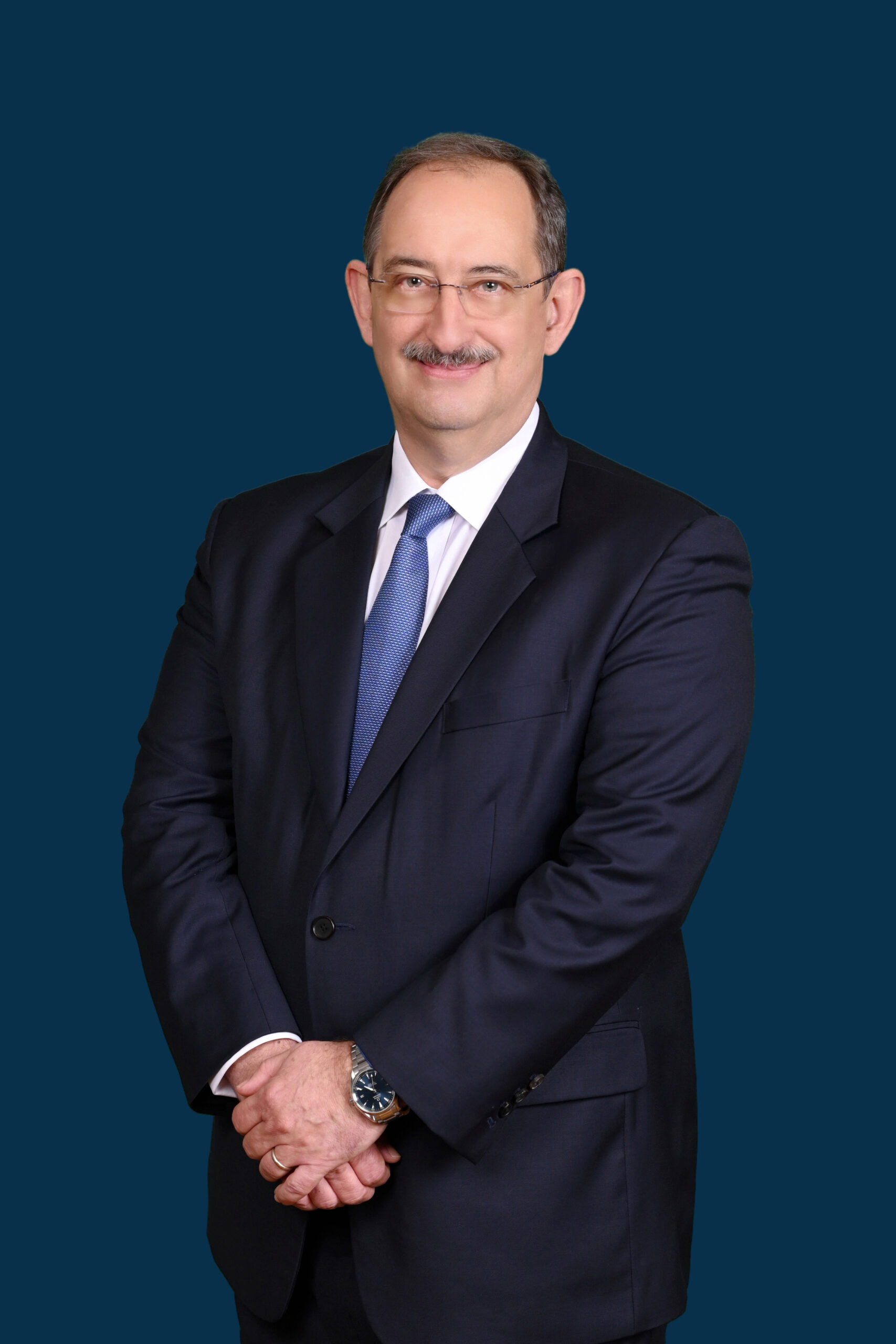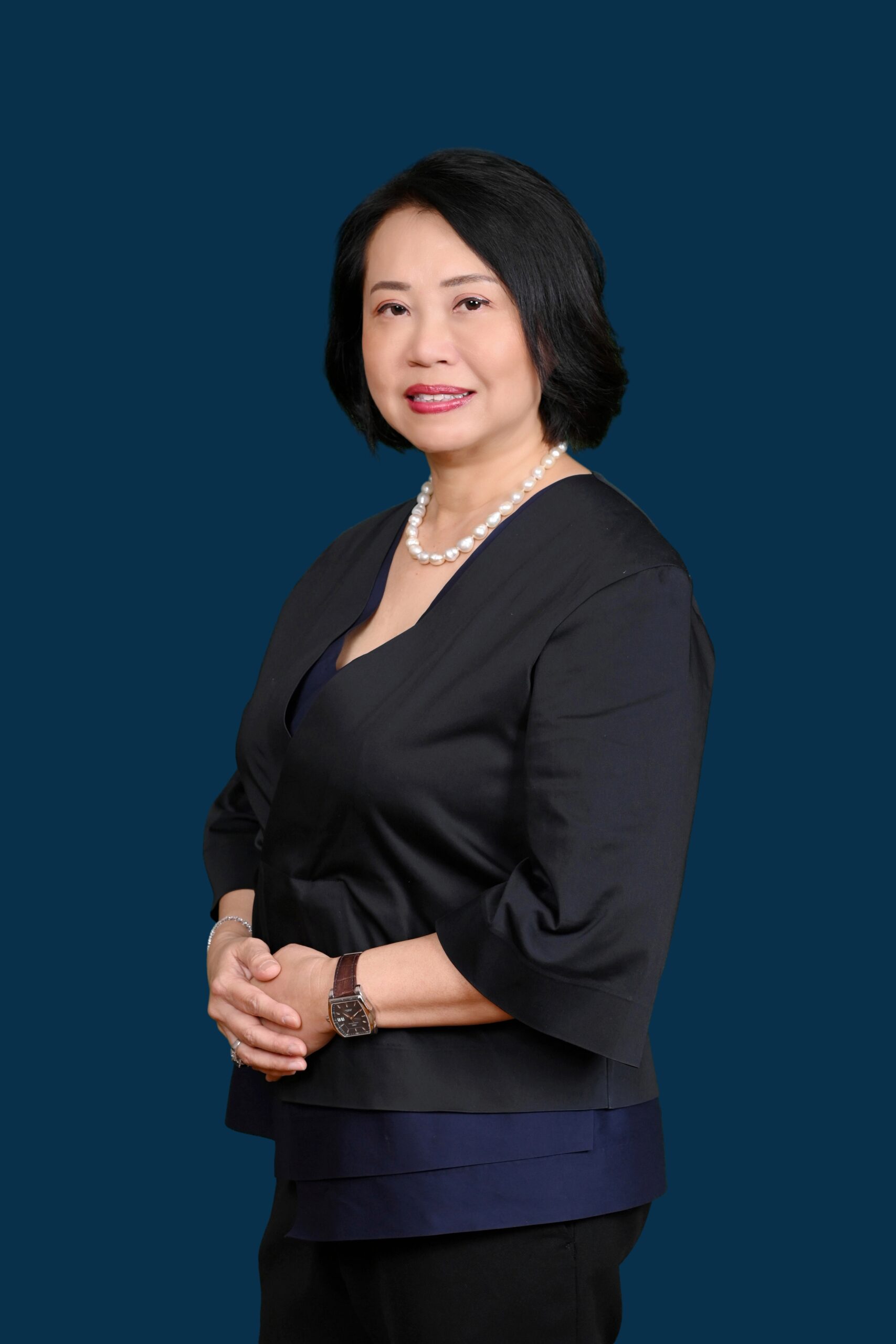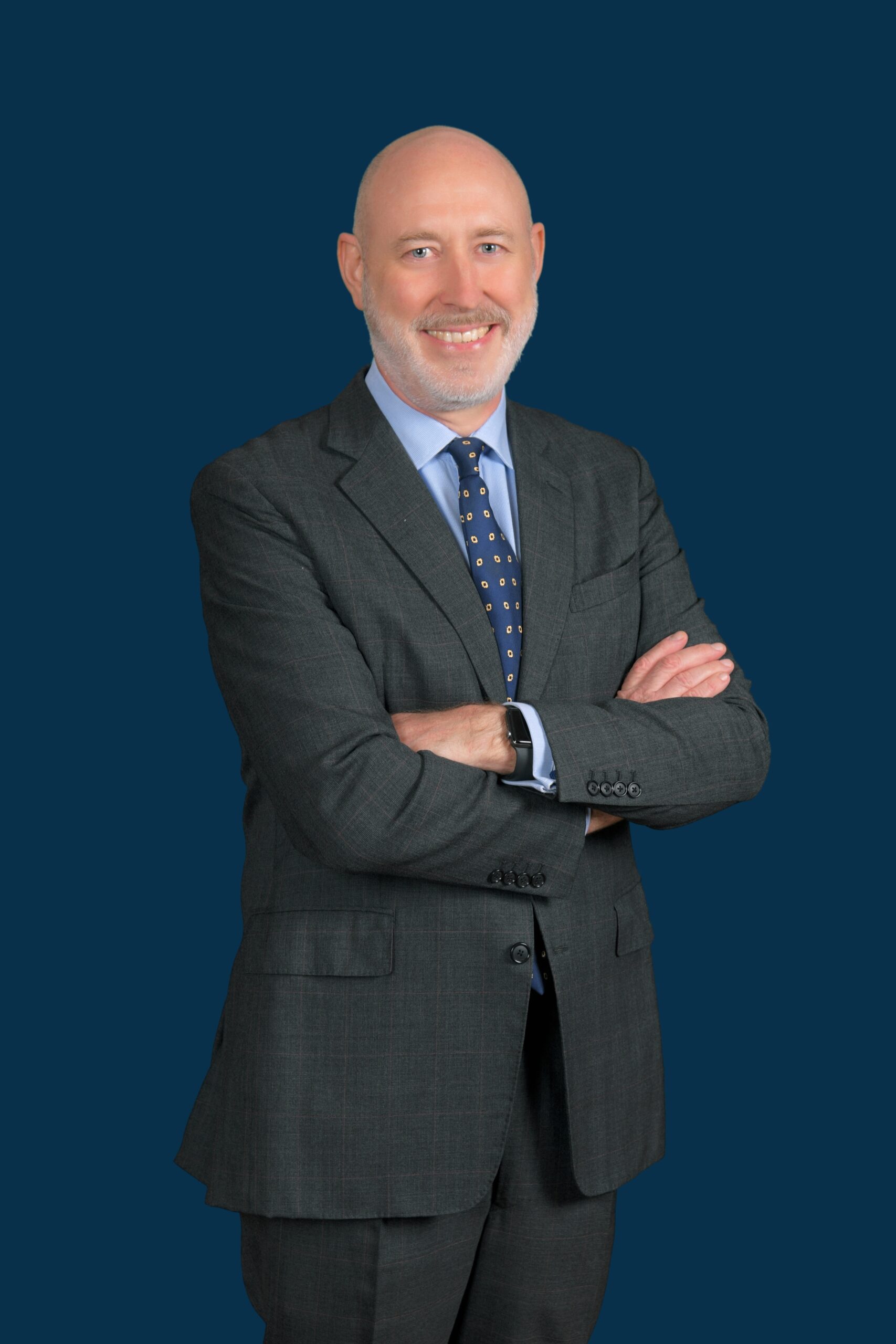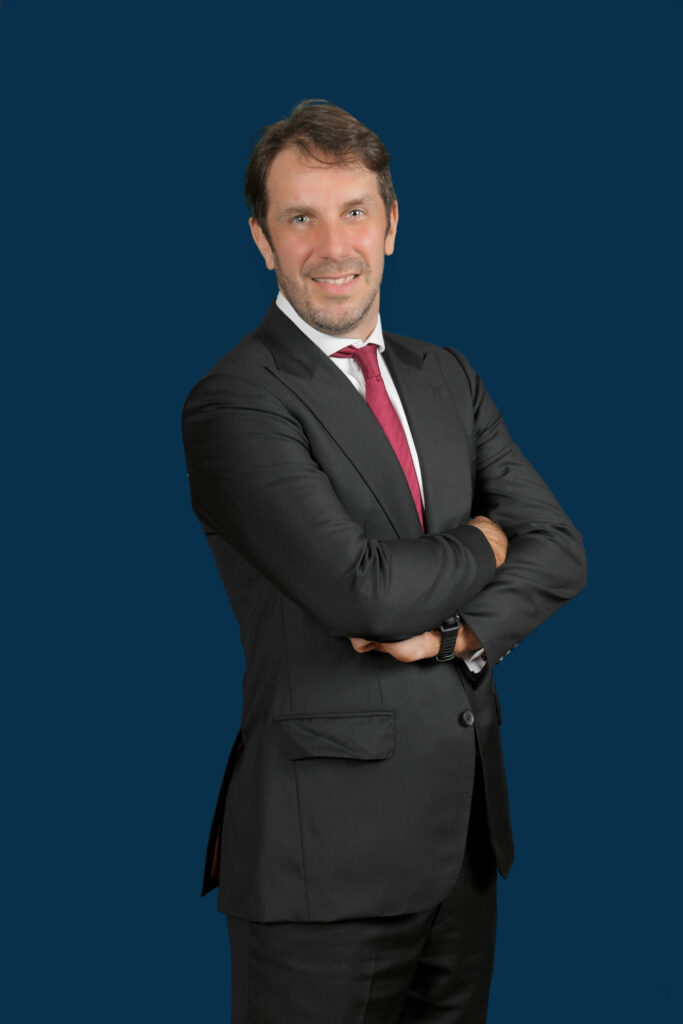COVID-19 has created unprecedented disruption to the global maritime industry. Despite an initial decline, improving international trade volumes have helped Singapore’s maritime sector to recover. Even though Singapore’s maritime industry demonstrated resiliency and versatility in dealing with challenges posed by the pandemic, more can be done to boost its future-readiness, strengthening its long-term growth potential.
This was the key message shared by Mr Chee Hong Tat, Senior Minister of State, Ministry of Foreign Affairs and Ministry of Transport, as he delivered his speech as the Guest-of-Honour at the SMF New Year Conversations webinar held on 13 January. Organised by the Singapore Maritime Foundation (SMF), it is traditionally attended by maritime leaders to usher in the new year. Themed ‘Building a Stronger Maritime Singapore Together’, the webinar was the inaugural digital edition of the event.
The webinar included a panel discussion moderated by Mr Andreas Sohmen-Pao, Chairman of SMF and BW Group. Panellists comprised industry leaders namely Ms Caroline Yang, President of the Singapore Shipping Association (SSA), Ms Quah Ley Hoon, Chief Executive of the Maritime and Port Authority of Singapore (MPA), and Mr Simon Kuik, President of the Association of Singapore Marine Industries (ASMI). They discussed the performance of the local maritime industry in 2020, the outlook for 2021 and measures to enhance the competitiveness of Maritime Singapore.
The panellists agreed that COVID-19 highlighted the need to be adaptable and resilient. Digital transformation was identified as a key enabler to allow companies to build overall resilience of the industry to tide through a challenging period.
Talent development was cited as another essential enabler for the industry’s continued growth, as a future-ready maritime workforce is necessary to support ongoing transformation initiatives. However, gaps remain in manpower efforts that panellists agreed were critical to close. Beyond talent development, another key priority is generating and sustaining interest in the industry for prospective joiners among the younger generation and mid-career switchers.
The panellists also called for stronger collaboration among industry stakeholders. Public-private collaborations allow each sector to play to its strengths, with the public sector responsible for developing and trialing fresh initiatives and standards while private sector organisations provide the requisite investment. Strong collaboration among industry players would help deepen knowledge and skills among industry players, increasing overall competitiveness.
Over the next five years, panellists forecasted digitalisation and decarbonisation to be the buzzwords of the industry as it evolves in line with changes wrought by the pandemic. Organisations were encouraged to focus on developing human capital in preparation of an eventual economic recovery, and to make use of available funding to begin the process of digitalisation. Panellists noted that decarbonisation would unlock new business opportunities, and urged industry players to capitalise on first mover advantages. More collaboration across the maritime value chain would also go some way in building a comprehensive ecosystem.
“The continued ability of Singapore’s maritime industry to overcome challenges posed by the pandemic is a result of the strong cohesion and goodwill among stakeholders. Moving ahead, industry players should focus on building preparedness against future shocks as well as developing capabilities in areas such as sustainability and digitalisation,” said Mr Andreas Sohmen-Pao. “SMF has worked hard over the past year to support continued growth in areas such as talent development and decarbonisation. As we move into 2021, SMF will continue our efforts in close collaboration with industry partners to build a stronger Maritime Singapore.”
Amidst the pandemic, SMF has continued efforts to establish a strong talent pipeline throughout 2020. Notable events included the MSC Maritime Careers Workshop aimed at dispelling misconceptions of the industry for prospective fresh graduate joiners and the MSC Connexions Forum which discussed talent and employment trends. A gender diversity milestone was achieved around the 2020 MaritimeONE Scholarship Awards, which registered the highest number of female scholars since the programme’s inception in 2007. Supported by MPA, SMF also established the International Advisory Panel on Maritime Decarbonisation in 2020, aimed at developing strategies to accelerate the industry’s goal of sustainable shipping.





